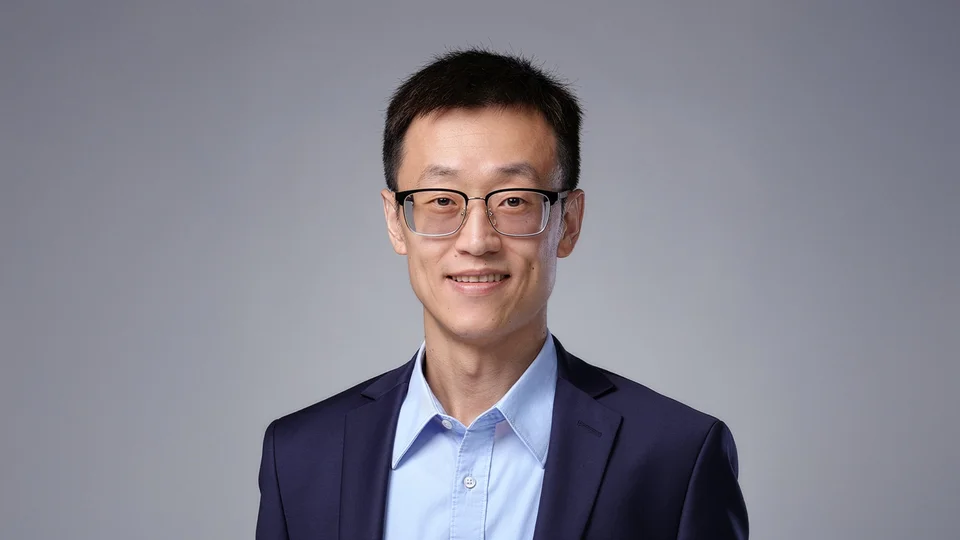Forging a career through interdisciplinarity
The foundation of building a successful academic career is generally thought to be the pursuit of excellence through specialization. Of course, the cross-disciplinary quest has its important place, but it's often thought of primarily as the fruitful collaboration between specialized entities or experts in particular fields.
About
The foundation of building a successful academic career is generally thought to be the pursuit of excellence through specialization. Of course, the cross-disciplinary quest has its important place, but it's often thought of primarily as the fruitful collaboration between specialized entities or experts in particular fields.
KAUST professor of computer science Xin Gao—lead of the Structural and Functional Bioinformatics Group, Associate Director of Computational Bioscience Research Center, and Deputy Director of the newly established Smart-Health Initiative—brings a unique perspective. His field of research, which is AI and bioinformatics, certainly embodies interdisciplinarity in its name. Merging biology and computer science, this field uses computation to better understand biology and life.
Gao was formally trained as a computer scientist, earning a Ph.D. in computer science from the University of Waterloo. He was fortunate that his dissertation advisor was world-renowned for advances in computational complexity and algorithm development. Gao chose to pursue a specific focus in the application area of biology—basically bioinformatics.
The interdisciplinary journey
Interestingly, "I don't even have one day of biological training," he shared. He learned all about biology and biomedicine independently while studying at Waterloo.
When he later moved to Carnegie Mellon University as a postdoctoral fellow, he was able to sharpen his knowledge thanks to significant investments made by a family of donors into the Lane Center for Computational Biology, under the School of Computer Science, to improve cancer research. "I got access to a lot of biological data, but more importantly, artificial intelligence," Gao described.
"In order to make a big impact and make scientific advances on this entire interdisciplinary field, I knew I had to be strong in both fields," he said. "If you consider these two fields as two spheres, then I have to conduct my research at the interface."
Read the full article
